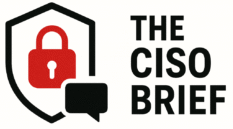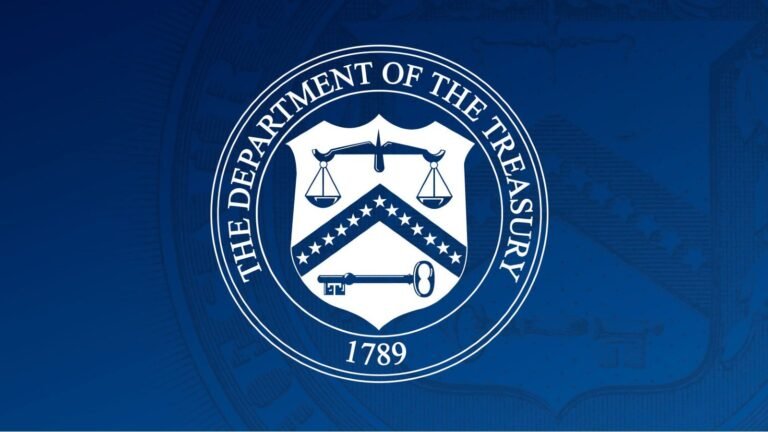Top Highlights
-
The U.S. Department of the Treasury sanctioned three North Korean individuals and the Korea Sobaeksu Trading Company for operating fraudulent IT worker schemes that fund North Korea’s nuclear programs.
-
These schemes involve skilled North Korean tech workers using fake identities to secure jobs in American companies, with their earnings redirected to support the DPRK regime.
-
Recent actions by the U.S. include freezing assets, prohibiting transactions with U.S. entities, and offering up to $7 million in rewards for information on the sanctioned individuals to further disrupt these operations.
- OFAC’s latest sanctions reflect ongoing efforts to combat North Korea’s financial facilitation of illicit activities, alongside previous disruptions and indictments tied to its cyber operations.
The Core Issue
The U.S. Department of the Treasury’s Office of Foreign Assets Control (OFAC) has imposed sanctions on three North Korean nationals and a front company in response to their involvement in fraudulent IT worker schemes that facilitate illicit financial support for the Democratic People’s Republic of Korea (DPRK). The company, Korea Sobaeksu Trading Company, along with individuals—Kim Se Un, Jo Kyong Hun, and Myong Chol Min—were identified as key players in orchestrating operations that place tech workers in U.S. firms using counterfeit identities. Their earnings are then misappropriated to fund North Korea’s controversial nuclear and missile programs.
In an ongoing effort to counter these schemes, which pose a significant threat to national security, the U.S. has recently heightened its measures through a revised public service announcement by the FBI, offering new recommendations for businesses to safeguard themselves. With past actions including the disruption of “laptop farm” operations and the indictment of 14 individuals, the sanctions serve to freeze assets and prohibit transactions involving U.S. entities. Additionally, the State Department has announced rewards of up to $7 million for information leading to the capture of the sanctioned individuals, further demonstrating the commitment to increasing international pressure on the DPRK and its affiliates.
Critical Concerns
The recent sanctions imposed by the U.S. Department of the Treasury’s Office of Foreign Assets Control (OFAC) on North Korean entities and nationals linked to illicit IT worker schemes present substantial risks to businesses, users, and organizations globally. By facilitating fraudulent employment practices that allow highly skilled individuals to infiltrate legitimate companies under false pretenses, there is an inherent threat of compromised data security, potential financial losses, and reputational damage that can ripple through interconnected networks. Organizations may find themselves indirectly implicated in the same web of deception, facing severe regulatory repercussions, operational disruptions, and loss of consumer trust. Furthermore, the financial channels established by these schemes not only bolster the DPRK’s malign activities—such as nuclear and missile program funding—but also illustrate a broader vulnerability within the global IT labor market, raising alarms about the integrity of talent sourcing and the associated moral responsibilities of businesses in safeguarding against such exploitation. The increasing scrutiny and potential for sanctions from governments amplify the imperative for proactive measures, leaving enterprises at a crossroads where vigilance is paramount to avoid the cascading consequences of these jeopardizing schemes.
Possible Next Steps
Timely remediation is crucial in safeguarding national security and maintaining economic integrity in the face of U.S. sanctions against North Korean entities implicated in IT worker schemes.
Mitigation Steps:
- Client Due Diligence: Implement enhanced vetting processes for clients and partners to identify potential risks.
- Training and Awareness: Elevate employee awareness of potential sanctions violations and their implications.
- Contractual Clauses: Incorporate sanctions compliance clauses in contractual agreements with third parties.
- Ongoing Monitoring: Establish continuous monitoring of transactions and relationships to detect red flags.
- Collaboration with Authorities: Work closely with regulatory bodies to report and escalate any suspicious activities.
- Compliance Audits: Conduct regular compliance audits to ensure adherence to sanctions regulations.
NIST CSF Guidance:
The NIST Cybersecurity Framework (CSF) underscores the importance of risk management practices in relation to evolving threats and regulations. For detailed guidelines, refer to NIST Special Publication 800-53, which outlines security and privacy controls for federal information systems, providing a comprehensive framework for organizations striving to achieve compliance and bolster their cybersecurity posture.
Explore More Security Insights
Stay informed on the latest Threat Intelligence and Cyberattacks.
Access world-class cyber research and guidance from IEEE.
Disclaimer: The information provided may not always be accurate or up to date. Please do your own research, as the cybersecurity landscape evolves rapidly. Intended for secondary references purposes only.
Cyberattacks-V1

